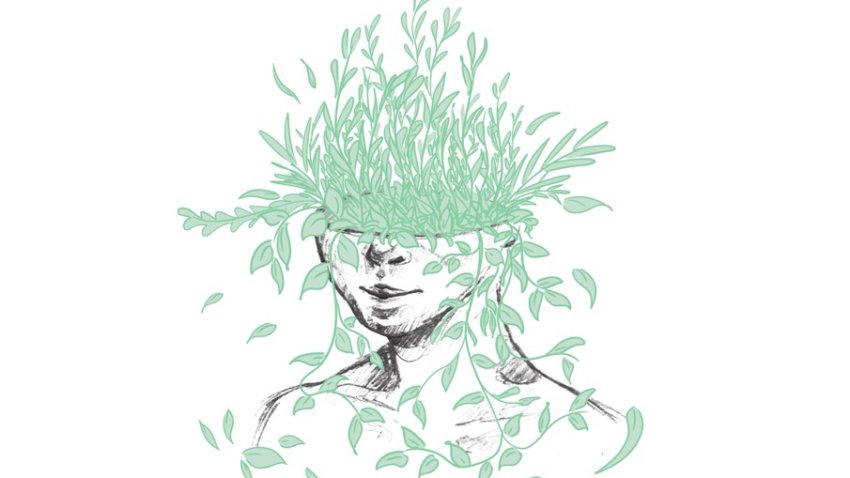
Aging artists, such as opening cultural institutions to the care of the independent artist.
In the frame of theSketch spacemeeting place and reflection organized by Nau Ivanow, the Laboratory of Vivas Arts and Ciudadanía de Canarias presents the day March 24 at 6.30pm the written post Artists in pursuit.
In order to put some context about the subject matter in the presentation, we have commissioned an article to its authors: Beatriz Bello and Alfredo Ramos. We invite you to read it below and also come to the presentation.
How to open cultural institutions in care in the practice of independent artist.
An article of Beatriz Bello and Alfredo Ramos, Lav Canarias
Artists in pursuit It started with an enthusiastic conversation and a wish: to speak and order a topic that crossed us personally and professional to the people we do and inhabit the project of the project LAV C -Laboratory of Vivas Arts and Ciudadanía de Canariasa project that opens healthy spaces and times for the practice of living arts within creation.
Aging artists (AEC) is today a stable program of thought, creation and action about the care/creation relationship That, without pretending to transform, on a large scale cultural policies, has deeply modified the ways of doing things of the LAV C. This also involves focus, ourselves and in advance, in the needs of artistic practice in relation to practice parenting and care.
We do all of this from an independent and nomadic entity, located in an ultraperiferial region that is supported by the titanic effort involved in maintaining an artistic project outside the public. From this space, extremely fragile and perhaps wildly wild, we want to make a contribution, a gesture of attention to motherhood in the context of creation and independent scene. AEC is not a plan or a public policy, but it sets a look and thinks of other ways of doing things. It’s a way of pay attention to the care of dependent bodies From the bodies that make the living arts.
With the publication of our Cuadernillo of ideas and interviews in return to the artistic practice and the maternalwe wanted the conversations that were being held inside the project, also overflowing out.
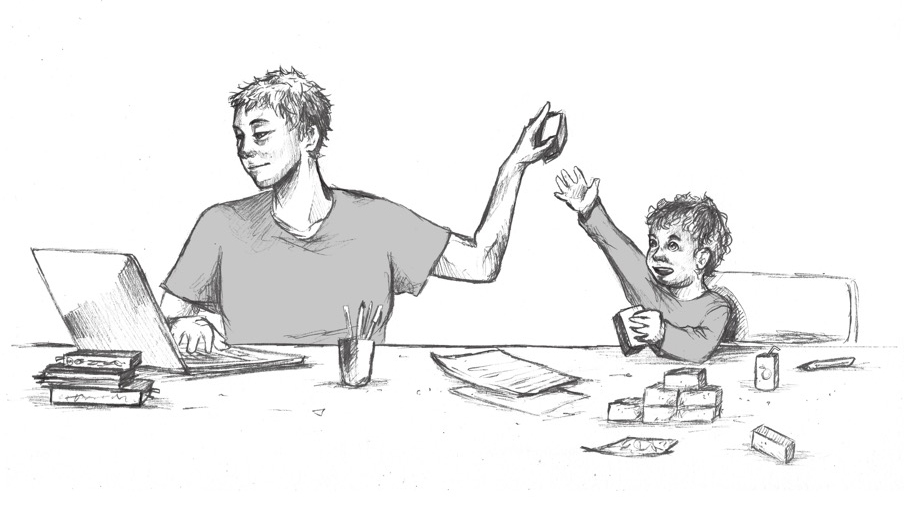
During this project time, four years, we have learned that Most measures that could significantly improve and change artistic practice and care do not require major economic investmentsbut a will and an intention.
Although it is impossible to synthesize the debates and ideas that we have been collecting during these years and that appear in the collection of the publication of the project, we would like to highlight some of the most repeated and simply applicable by institutions.
1. The Pre -work planning For artistic residences will be held in Cooperation with resident artists with the aim of: a) plan the work of the artists in advance and flexibility for meet the needs of the time of care and time of artistic research; b) Allow them to residences adapted to the needs (Party periods, teleworking, …) or; c) guarantee the Availability d‘facilities and resources in order to be able to assume the needs of parenting.
2. To offer possibilities of transfers and accommodation of the person receiving care As easily as other production needs are included in work with companies.
3. The call for the residence, as well as the invitations to participate in the meetings, They will not be aware of age limits or will be able to evaluate uninterrupted work experiences with the aim of generate more inclusive practices For those artists whose careers have been interrupted or altered by the needs of parenting and/or care.
4. During the periods of residence, all the events that take place (especially the process openings) will have timetables and adapted development along Guarantee spaces and time of care for the people carried out by the artists. Also for the participating public (for example, with workshops and specific spaces for girls and boys, as well as with special attention to people with functional diversity). This type of measurement will encourage equal and non -discriminatory treatment Not only for the participating artists, but also for the attending public, allowing diversifying the public who will have access to scheduled events.
5. Offer financial support exchanges to maternal artists to use care expenses involved in working on residences.
6. Include in bases of calls for specific allusions to residence programs or other activities for artists who exercise as main caregivers with the aim of making visible and name the specific needs that must be met.
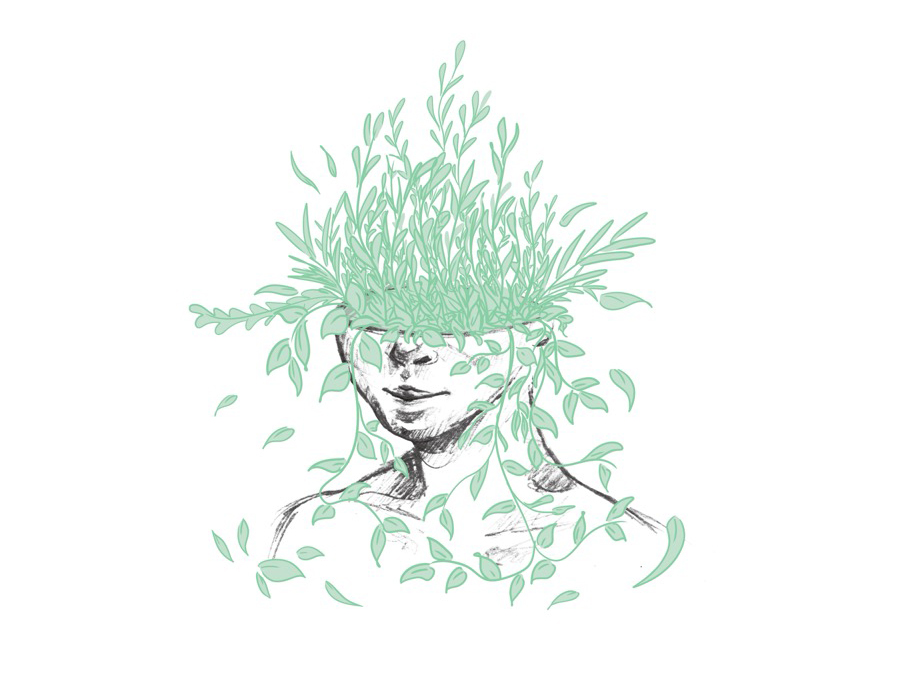
All these measures, and others that do not appear in this brief compilation, have been proposed by artists and professionals in the active exercise of care. All have been women even though the program does not apply any gender filter. Thank you all for opening this debate as necessary as dangerously excluding from cultural programs and policies in this country.
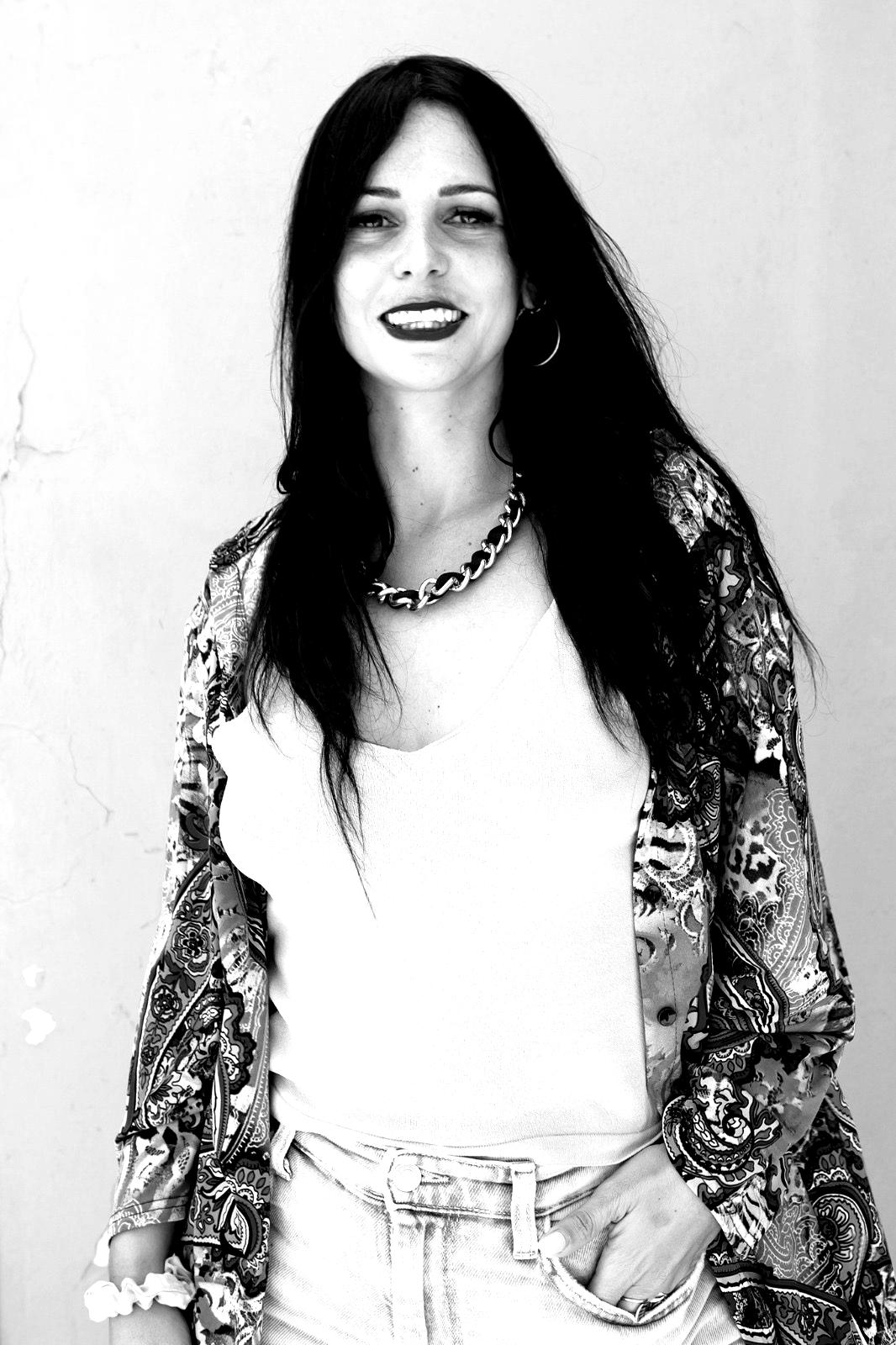
Beatriz Bello
Co-director of Lav Canarias
Degree in Sociology. Expert in Public Programs and Policies Assessment at Pompeu Fabra University. Expert in participatory processes and decentralization by the organization of American states. Evaluator of programs and public policy for the central government of Chile from 2012 to 2017. With training and more than 15 years of experience in performing arts. She is currently a manager, producer and mediator in culture and citizenship projects. And he advises on mediation projects in stage creation for public and private bodies.
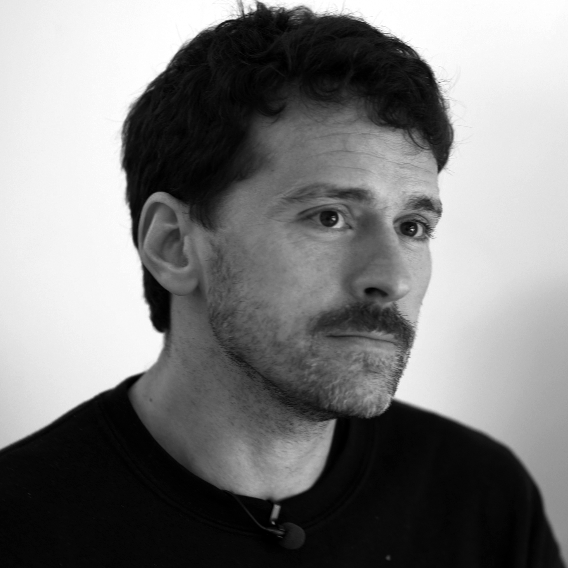
Doctor of Political Science from the UCM and a Master in Cultural Management from the UOC-UdG. The areas of interest are studies of masculinity, democratic theory and cultural management. Promoter of the Laboratory of Thought, Culture and Gender A study, has cooperated with different universities and research centers, both in Spain and in Portugal, Brazil or France. For years he participated in various social economy initiatives and was Podem advisor to the Community of Madrid (2015-2019). In recent years he has been investigating especially on the crossroads between artistic practices and masculinity, in collaboration with different artists, such as Artor Jesus Inkero or Albert Potrony.










